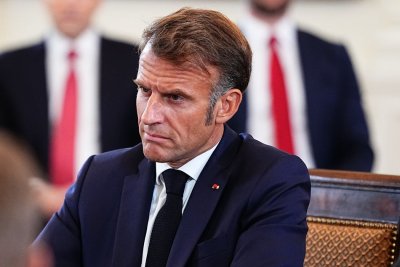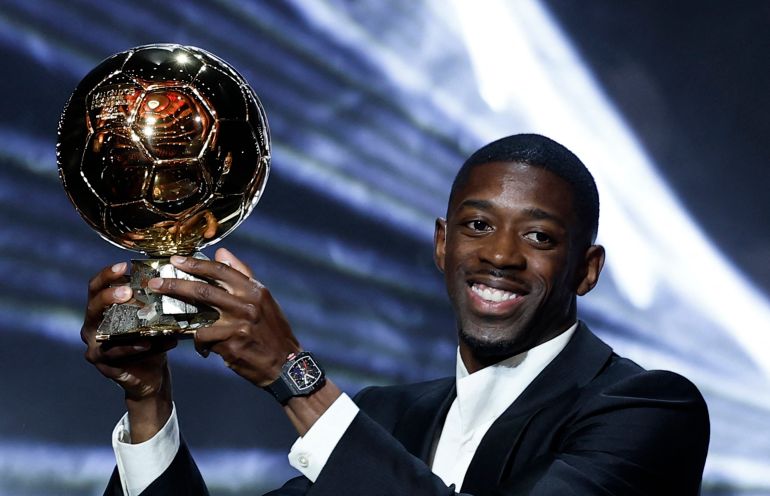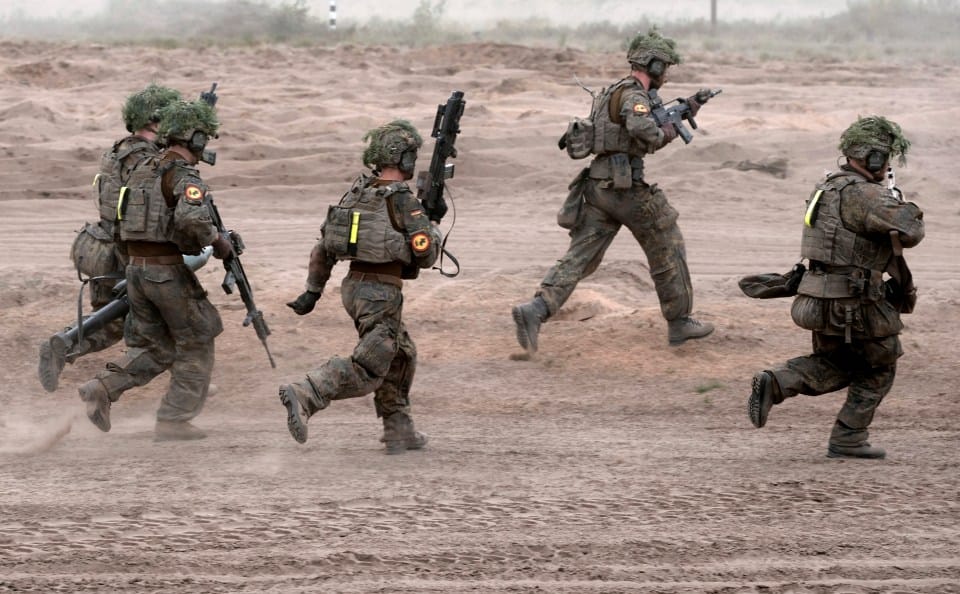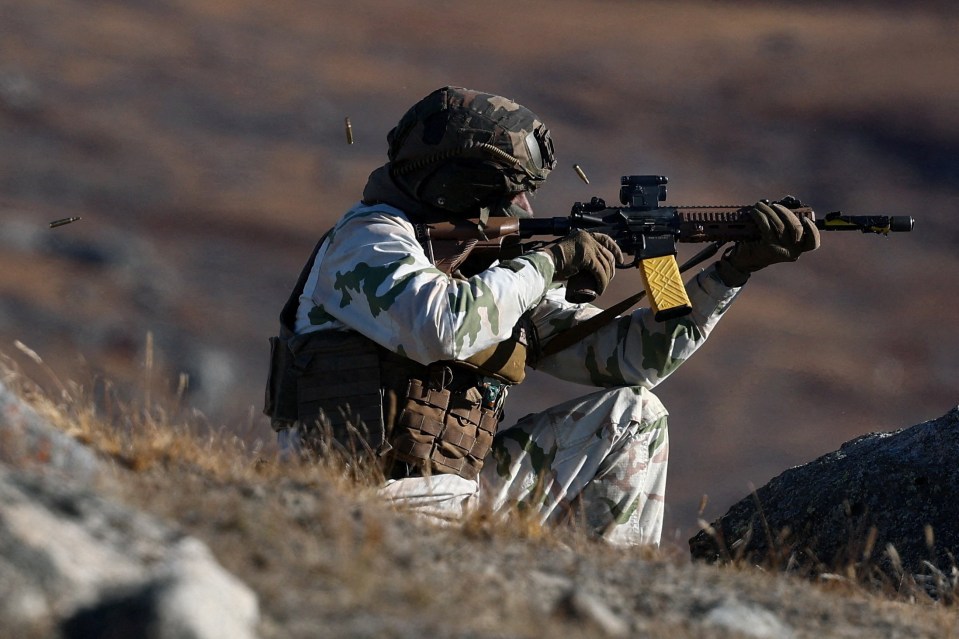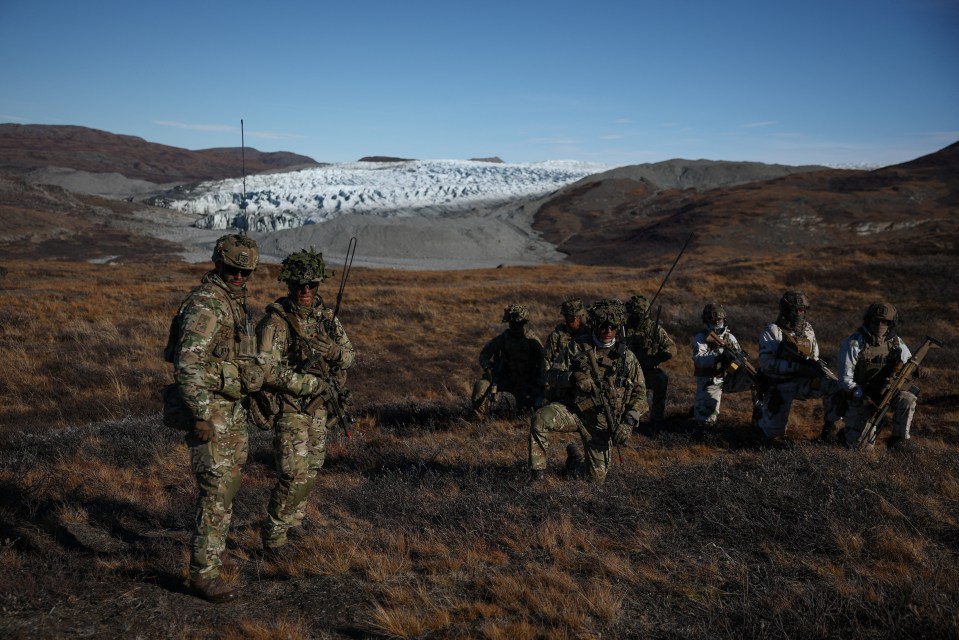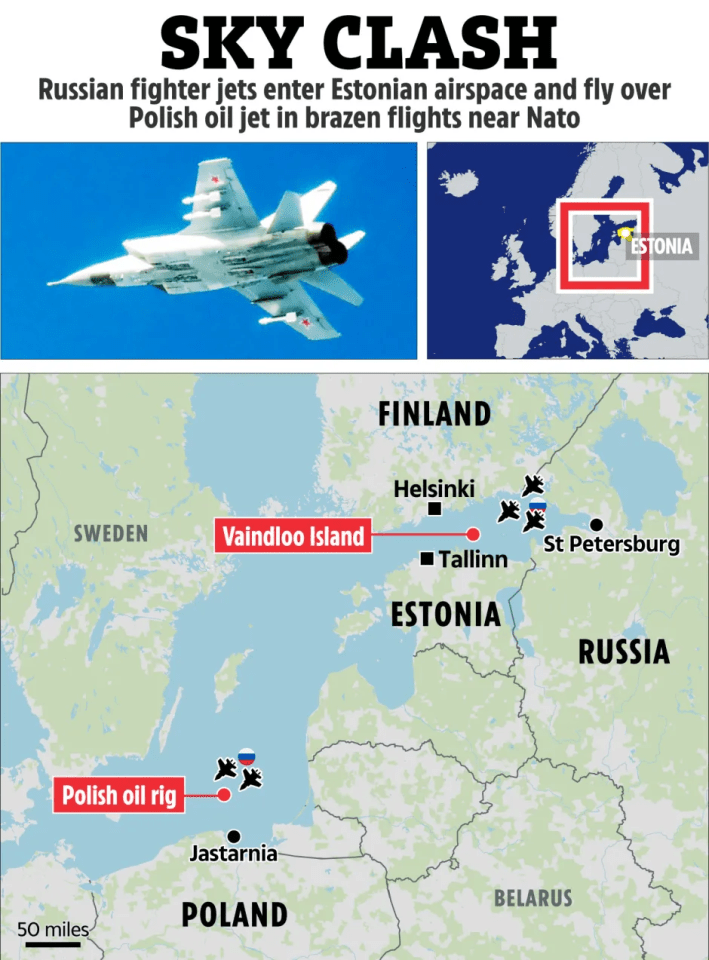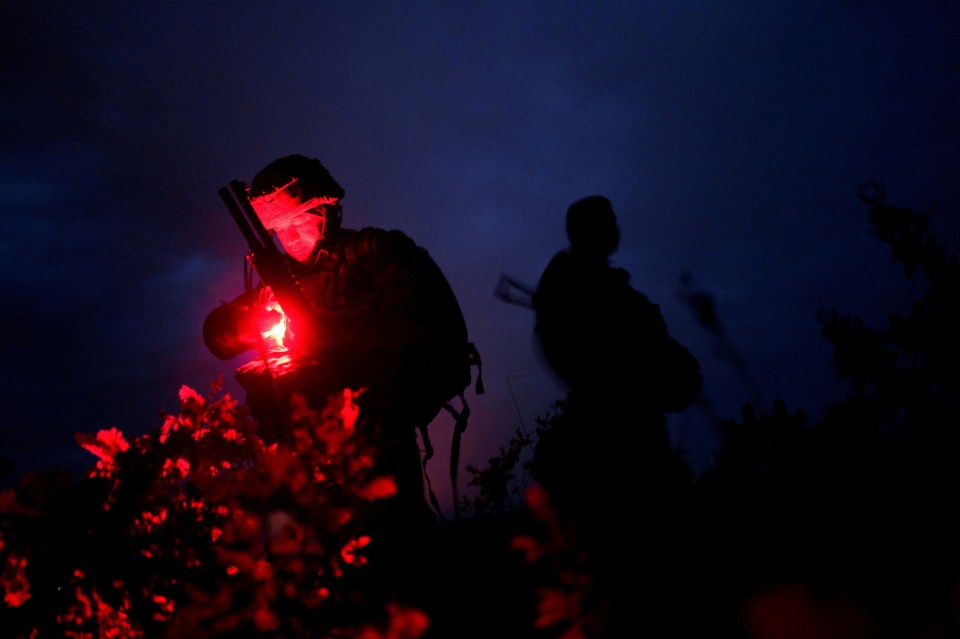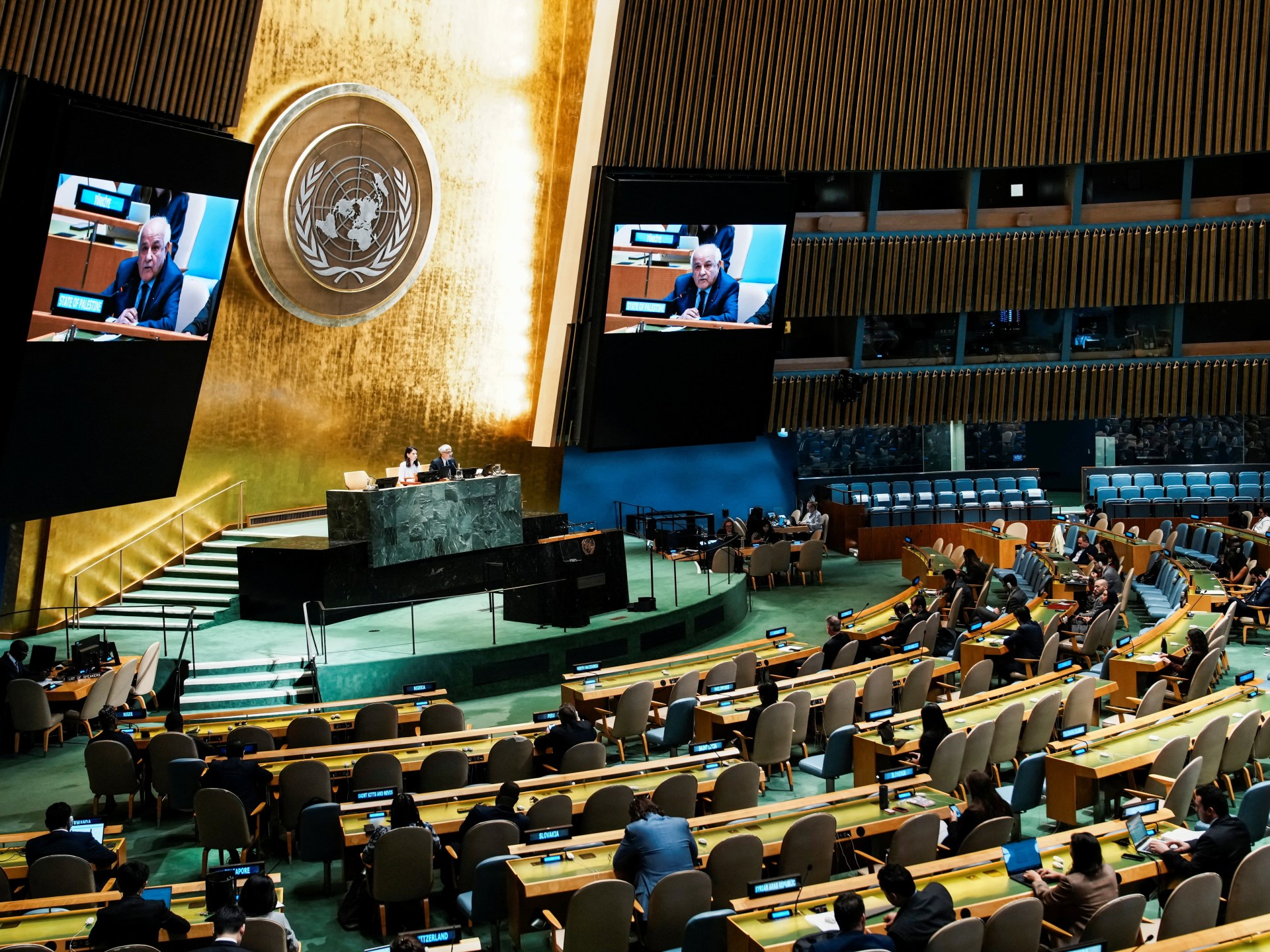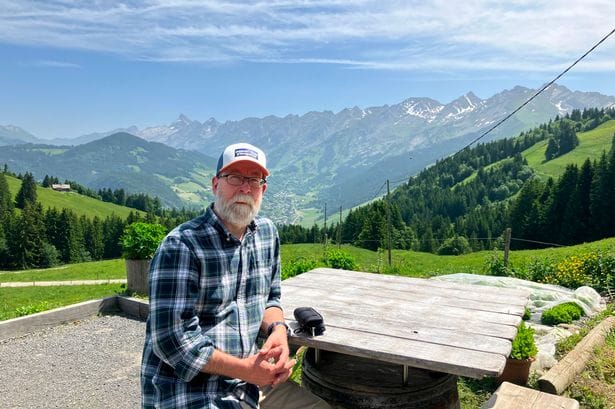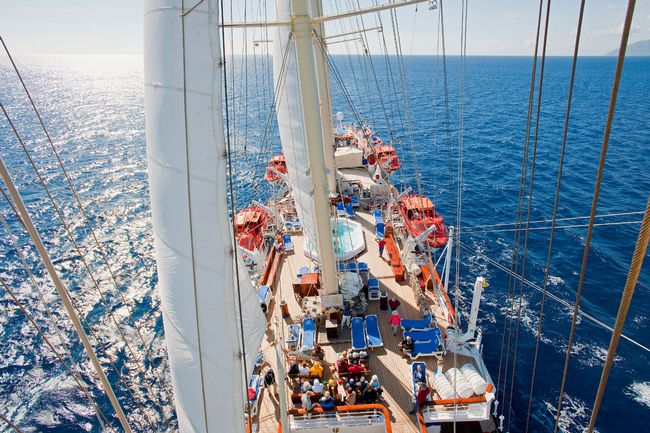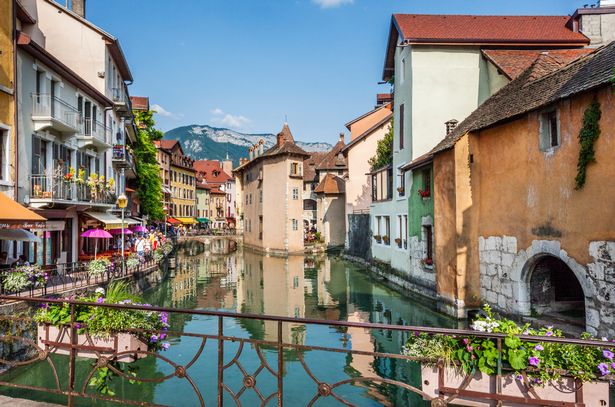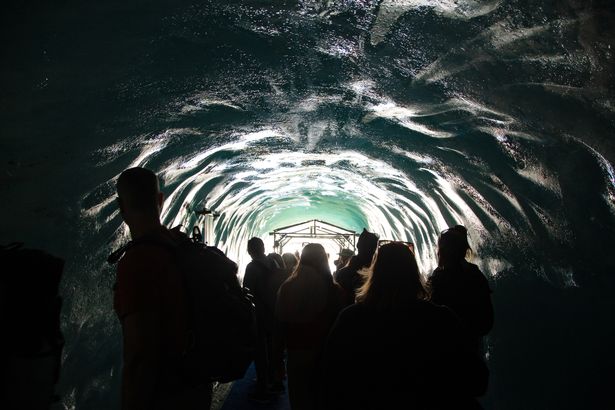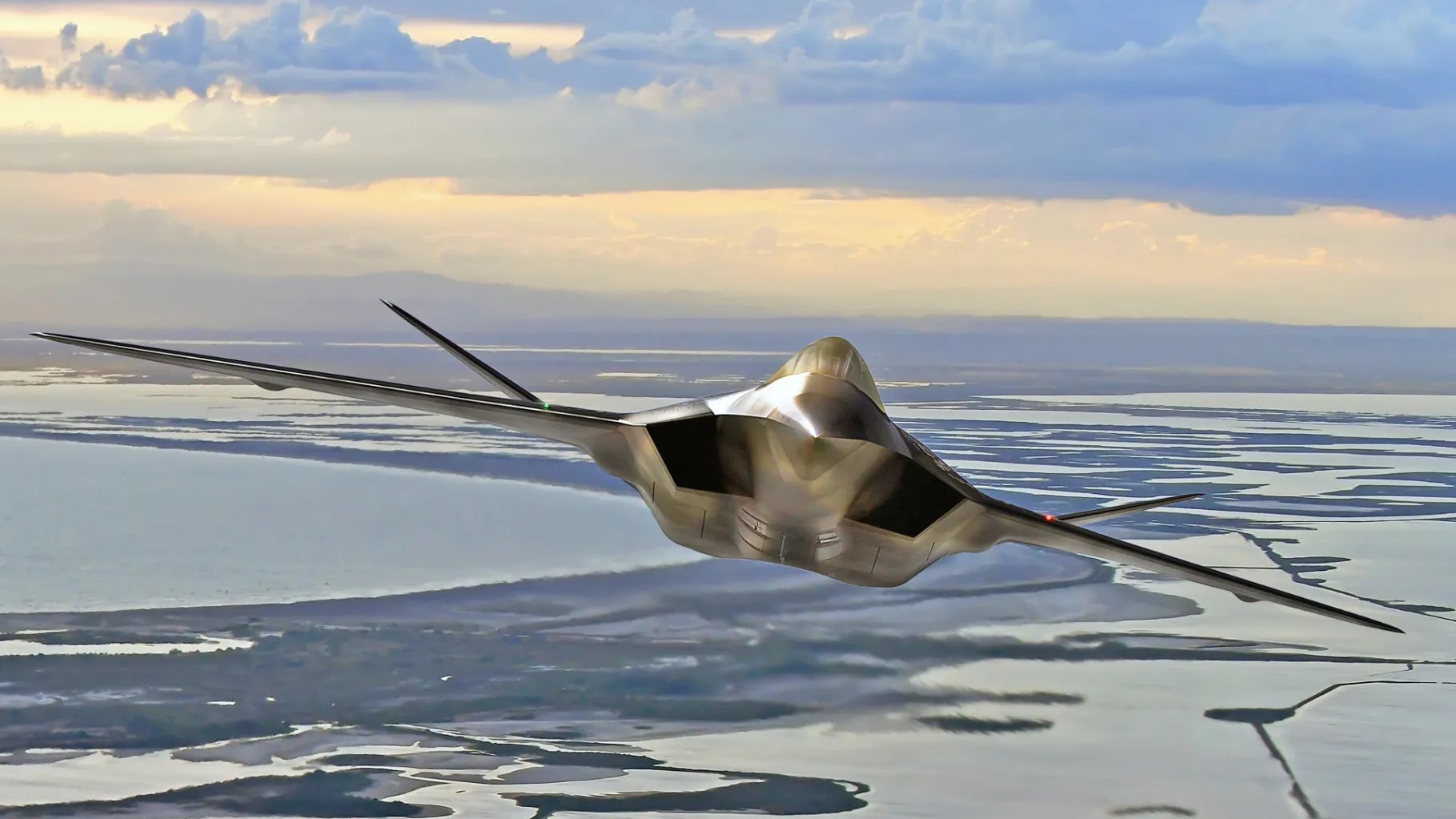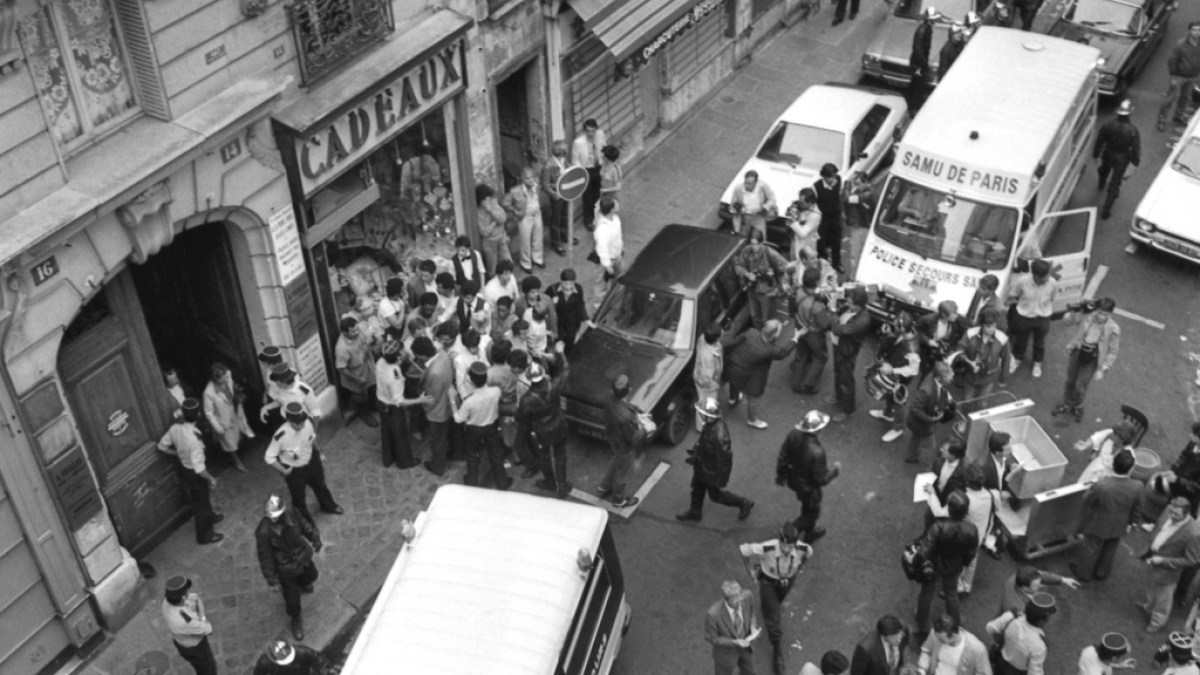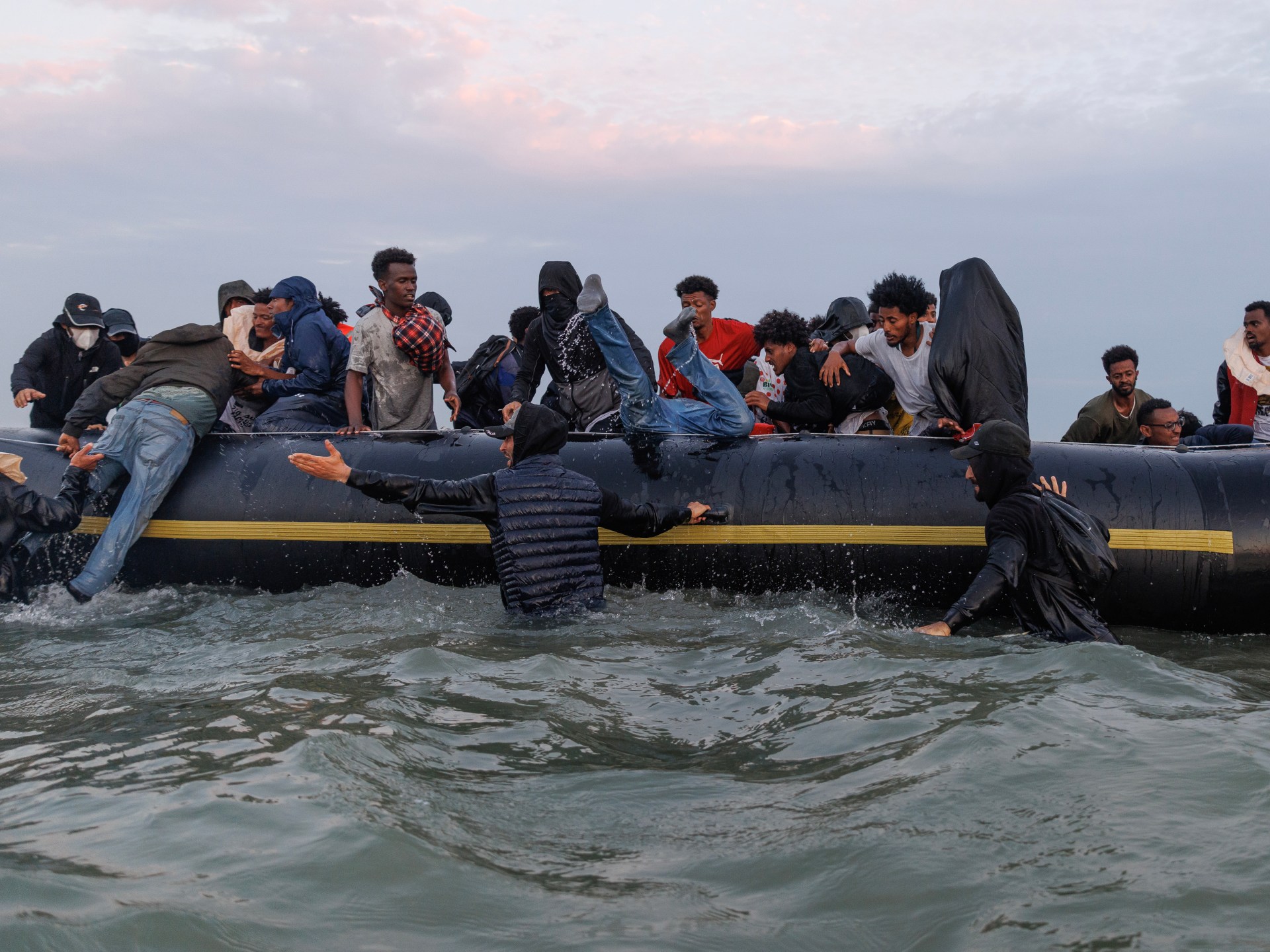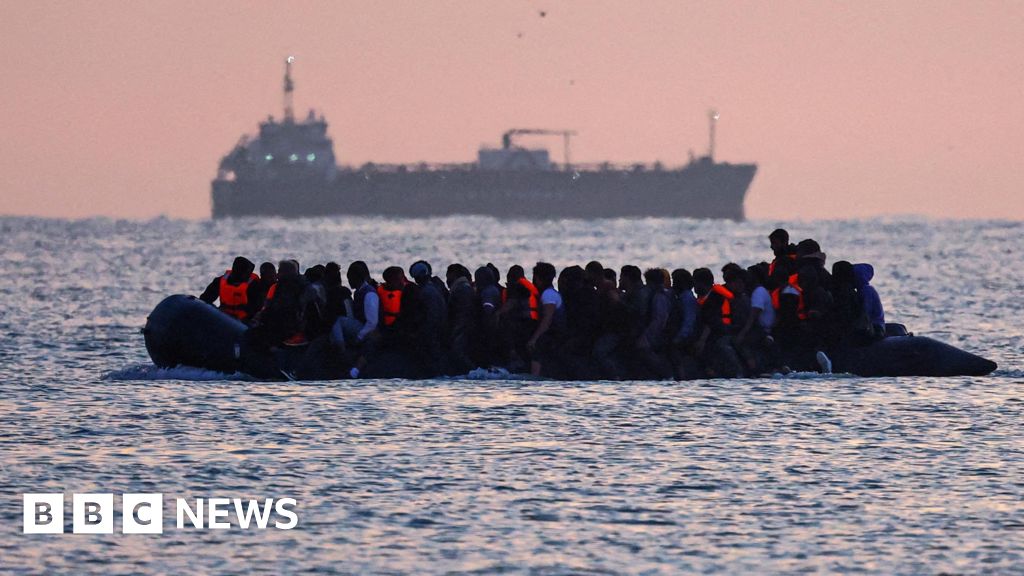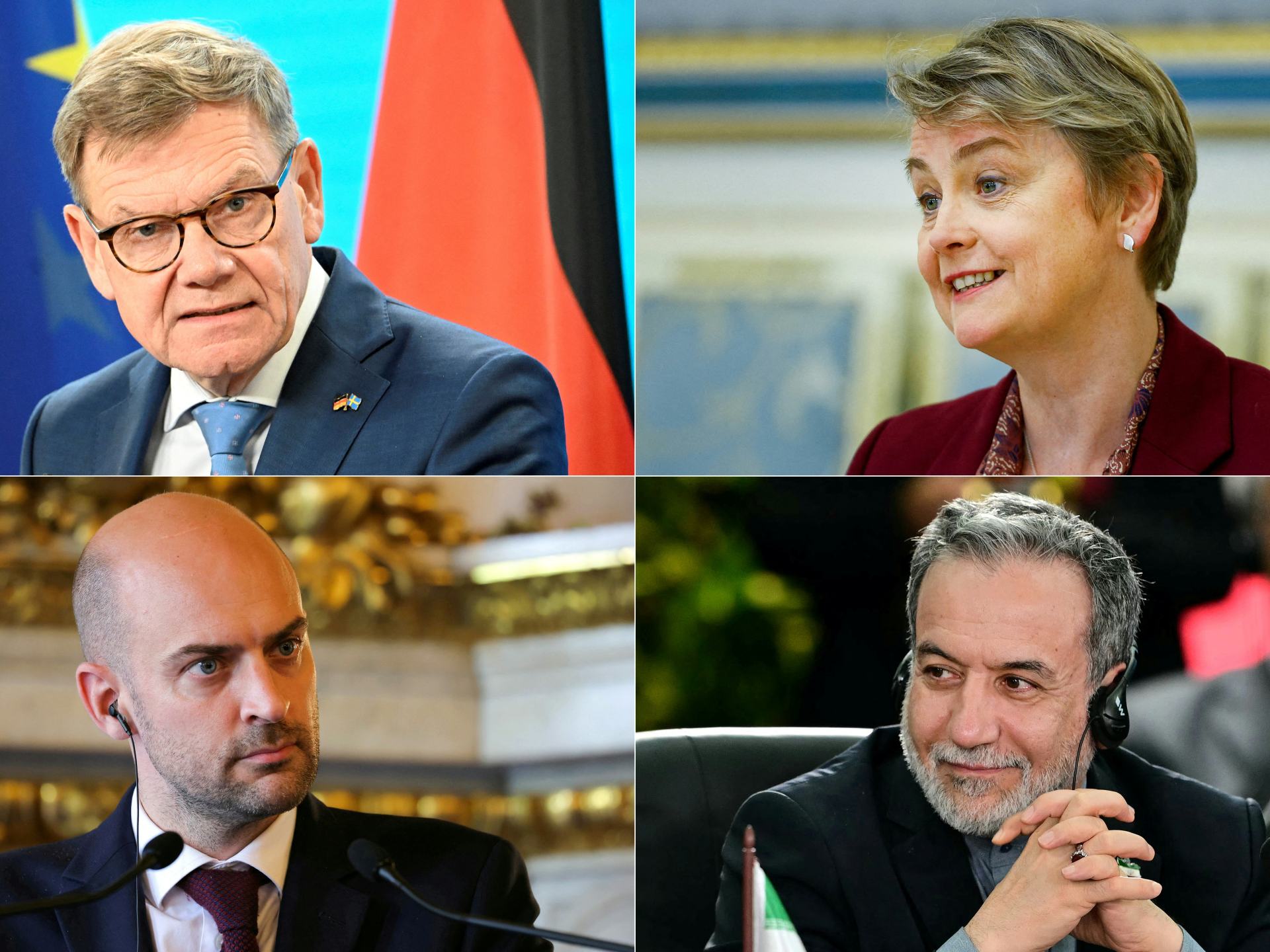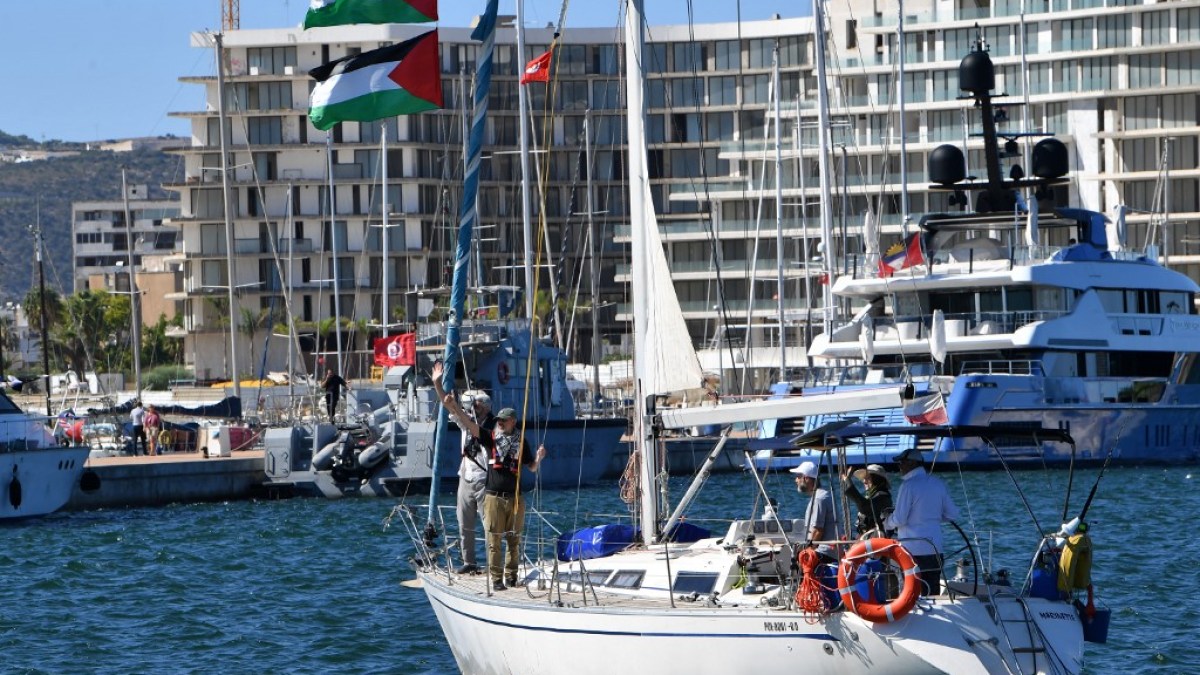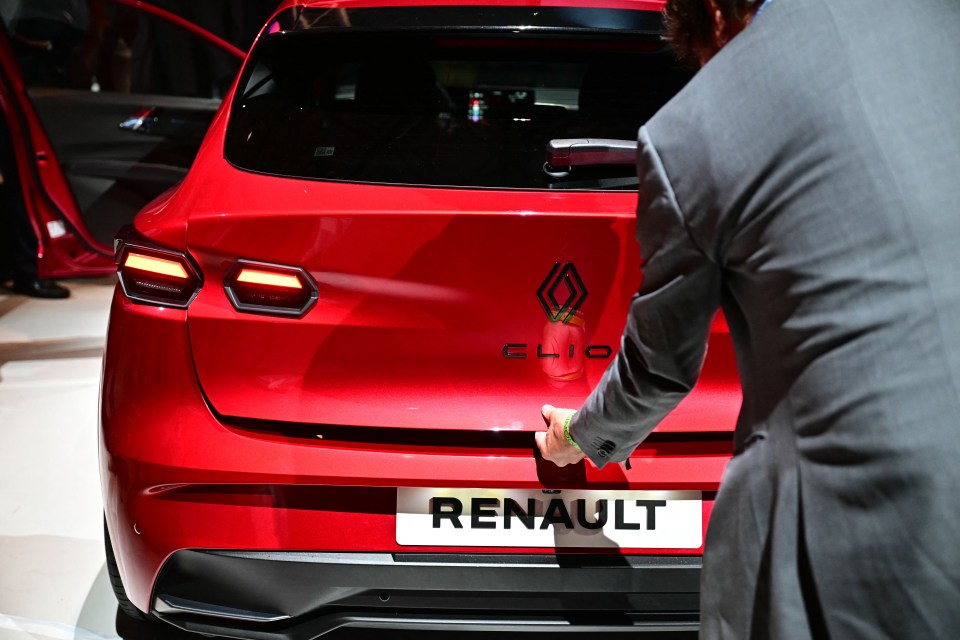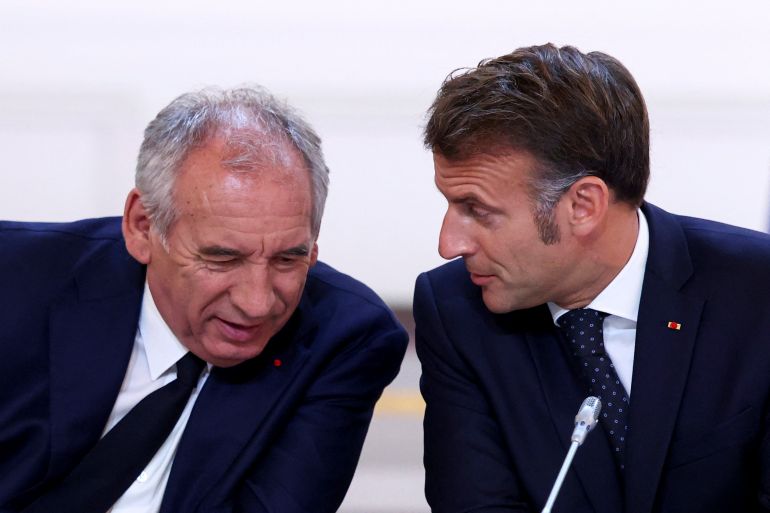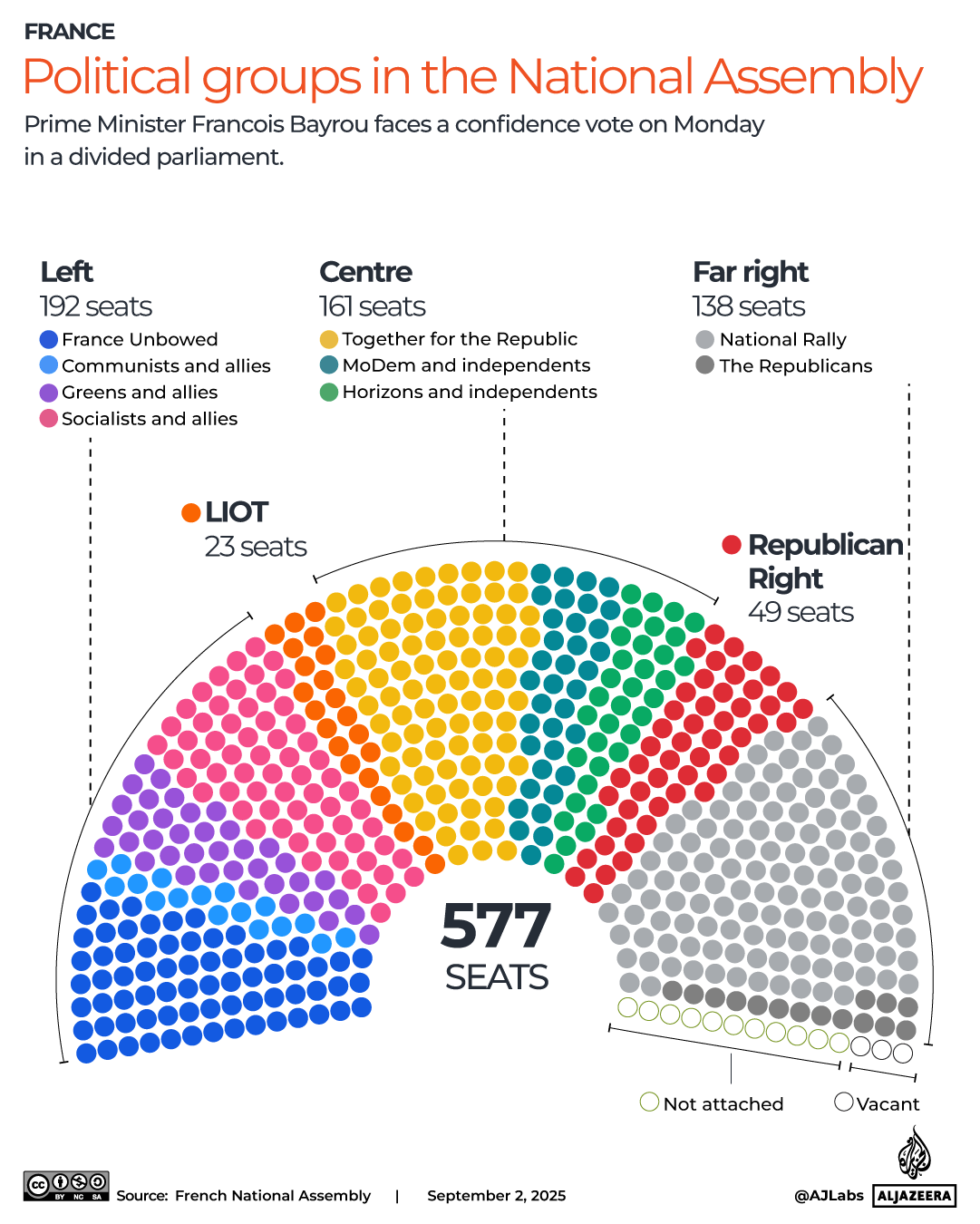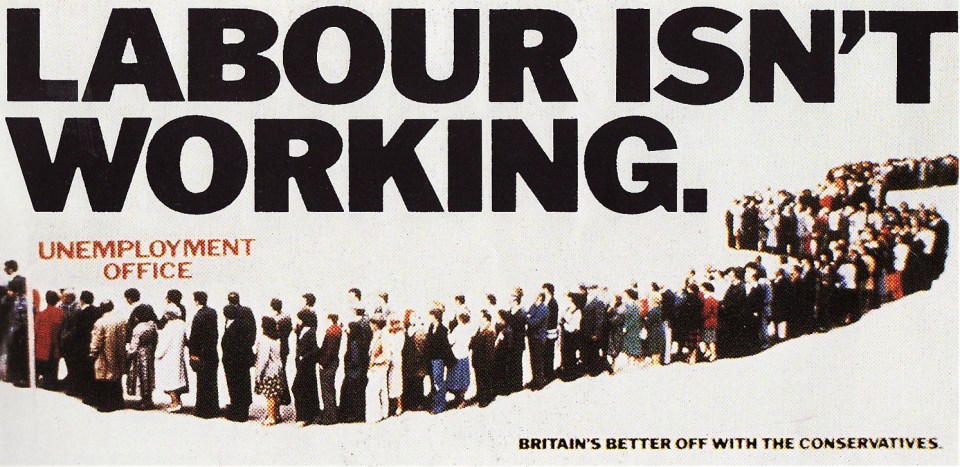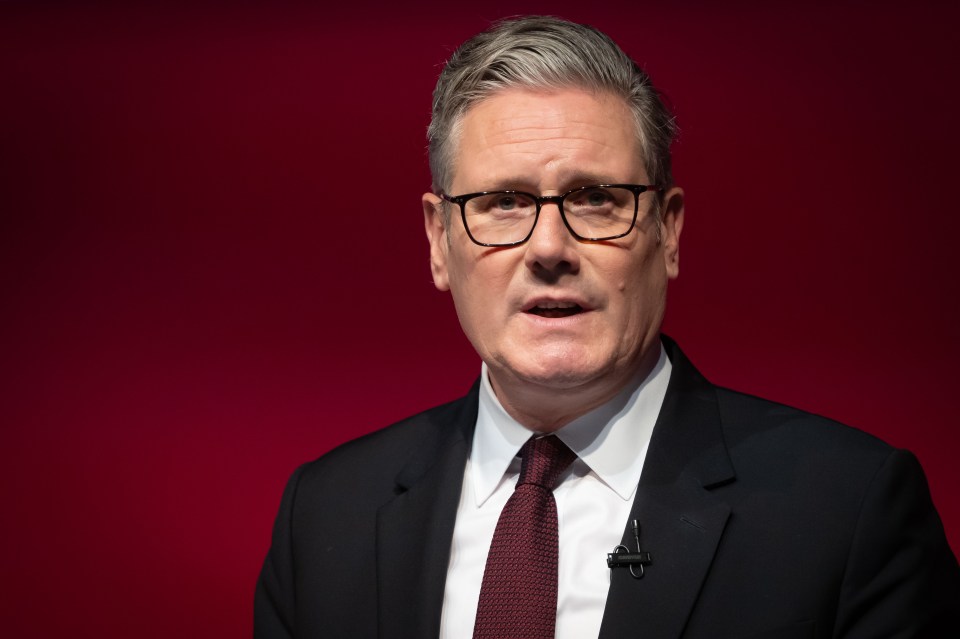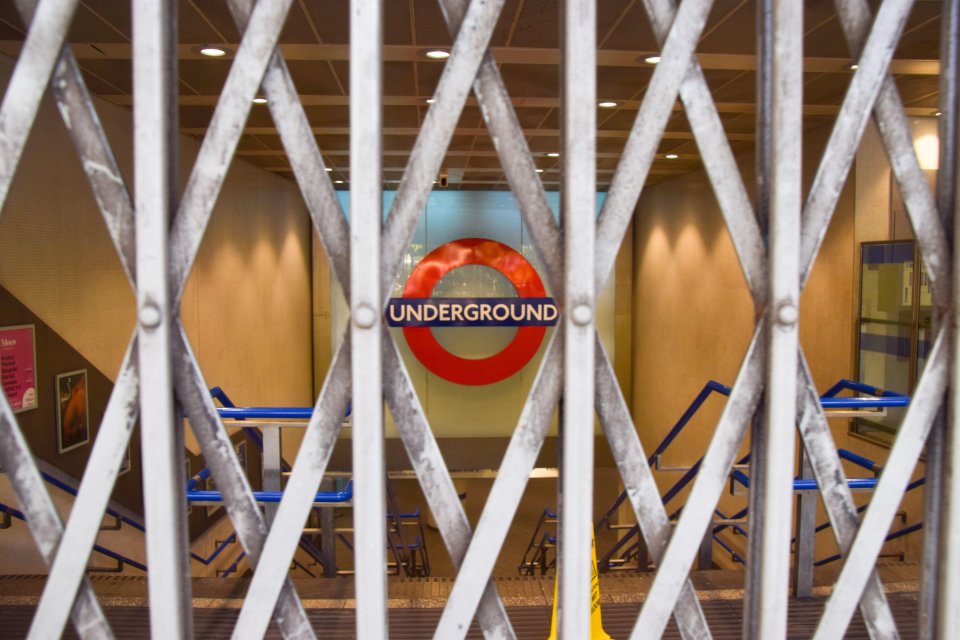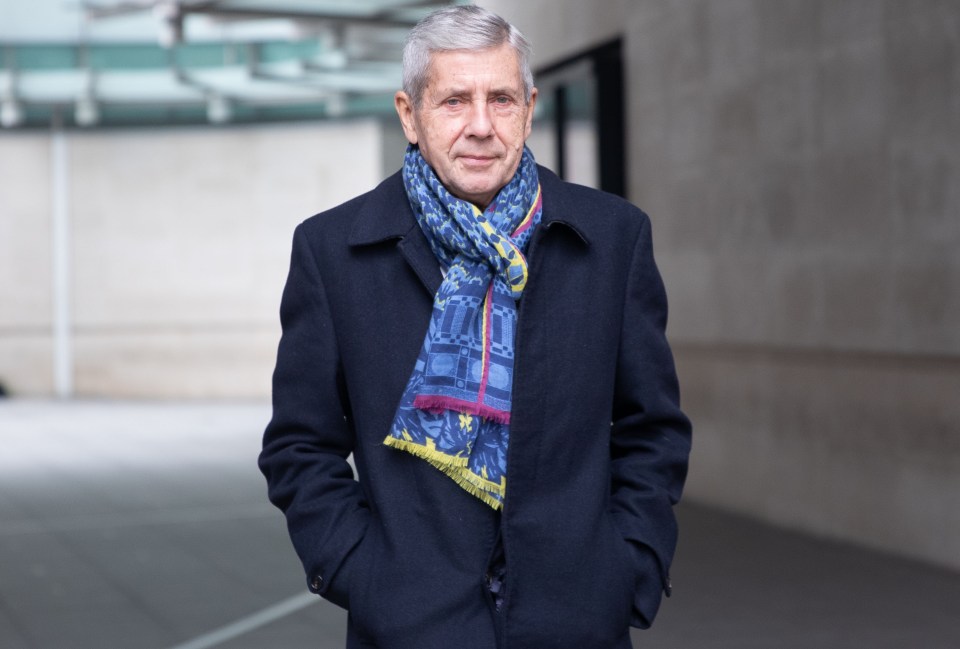French Haute-Savoie has mountains, a glacier and… melted cheese, says Alastair McNeill, who was shocked to see the state of the famed glacier that sits among the peaks
When Dr Victor Frankenstein visited Evian in the French Alps, it did not end well with his young bride dramatically killed by the monster on their wedding night. However, my recent visit to the town passed without incident.
Today’s Evian, famed for its world-renowned mineral water, exclusive resort and superb location on the southern shores of Lake Geneva, bears no resemblance to the fictional world of Mary Shelley’s Gothic novel.
The small town burst on to the world stage when its spring was discovered in the late 18th century and its apparent health-giving properties were celebrated. Since then, Evian has been a favourite haunt of the rich and famous, and played host to the G8 summit in June 2003.
READ MORE: Baggage handler caught launching luggage like Olympic athlete
Today the luxury Evian Resort can boast a clientele that has included Liverpool FC and Germany’s 2016 football team.
Set in 47 acres of lush greenery, it comprises no less than three hotels: the four-star Ermitage and La Verniaz, and the pièce de résistance, the palatial five-star Hotel Royal. My room in Hotel Ermitage had a fantastic view over the resort and the lake where a ferry links Evian to Lausanne in Switzerland.
It was decorated with a pop of colour, its bathroom replete with L’Occitane toiletries.
Later on, the terrace restaurant La Table was a delightful spot for an alfresco dinner. I enjoyed the pea tartlet as a starter followed by wild garlic risotto accompanied by red Savoy wine and praline dessert.
Fine dining can be enjoyed in a number of resort restaurants including Michelin-starred Les Fresques. There is also an organic kitchen garden, 18-hole golf course and academy, tennis courts, spas, swimming pools – including an infinity pool – and free kids’ club (from babies up to teenagers).
A remarkable feature of the estate is the theatre. La Grange au Lac, within a forest, constructed entirely from wood in the style of a Russian Dacha which hosts a range of cultural events during the year.
And a must-see is the Cachat spring – where the Evian water phenomenon originated – sited within an ornate Art Nouveau porch. Don’t forget to bring your own bottle to taste the refreshing water – it’s taken around 15 years to filter through Alpine rocks.
Visitors can use the free Edwardian funicular railway which serves the town and resort.
Taking a break from the high life, I headed out to the great outdoors of the Haute-Savoie region. One of the highlights was a visit to the Mer de Glace (sea of ice) glacier above Chamonix.
It was here the monster pursued Dr Frankenstein “advancing towards him with superhuman speed” and “bounding over crevices in the ice”,
Now global warming has made today’s glacier a modern horror story. It has been receding at an alarming rate. Since the mid-19th century it has lost more than 1.5 miles in length – and 560ft in depth since the 1990s.
To get there I took the Montenvers mountain railway from Chamonix. The glacier, the longest in France, lies 985ft below the mountain railway station. From there a cable car took me downhill before a further descent on foot along metal gangways and steps to the entrance of an ice cave.
Once inside there is a plunge in temperature. Lights guided me around tunnels of thick ice creating an eerie blue light. It was a fascinating experience to view such a force of nature up close, especially since shrinkage continues at pace and it remains under threat.
Glaciers on the slopes of Western Europe’s highest mountain Mont Blanc (15,766ft) are visible from the town of Chamonix itself. From the outdoor pool at my hotel in the town, the four-star Les Aiglons, the captivating sight of the Bossons glacier was clearly visible.
Like Chamonix, nearby Saint- Gervais-les-Bains is served well by mountain transport. It can be reached using a gondola cable car (Le Valléen) as well as an inclined lift (L’Ascenseur Des Thermes) from the famed thermal baths (Les Thermes) beneath the town.
The story of the conquest of Mont Blanc is told at Saint-Gervais’ mountaineering museum which is housed in the 13th century Maison Forte de Hautetour. It highlights the first woman to climb Mont Blanc, Marie Paradis in 1808, and the famous Saint-Gervais mountain guide company.
There are also displays of mountain equipment and clothing down the centuries, photographs, and footage of a recent climb of Mont Blanc showing the high Alps in all their grandeur.
And I got to check out the Bon Voyage exhibition at La Cure beside the town’s striking baroque church. The classic vintage posters currently on display date back to early 20th-century Alpine tourism.
A great mountain stop at any time of year is the ski resort of La Clusaz nestled in the Aravis range. During the summer months hiking and mountain biking replace winter sports. It also home to the soft cheese Reblochon which has received the accolade of quality geographic area accreditation.
I stayed in the stylish Hotel St Alban with its eye-catching book-lined walls in the reception and dining areas.
Its spa with swimming pool, sauna and ice room was a welcome opportunity to rest and relax. A group of us ate out at the village’s La Ferme restaurant which specialises in raclette, the tasty Alpine culinary favourite which, unlike fondue, involves scraping melted cheese on to potatoes and other vegetables.
Along with some more red Savoy wine, we rounded things off with dessert and the spirit Génépy made from Alpine flowers. The amount of cheese consumed could have led to some monstrous dreams, but I woke untroubled and refreshed the next morning.
From La Clusaz the historic and picturesque town of Annecy is a short journey by car.
But an alternative approach by motorised boat across the azure waters of Lake Annecy offers a rewarding vista of the surrounding mountains and shoreline dotted with mansions and castles, including the imposing medieval Chateau de Menthon-Saint-Bernard which stands on a commanding position overlooking the lake.
In just four days my visit had packed in some of the many gems of Haute-Savoie – a mountain glacier experience with truly breathtaking landscapes, history and culture, excellent food and drink, as well as a luxury resort and spa hotels.
Looking back I had to conclude it was certainly one monster of a trip.
Book the holiday
- Flights to Geneva are available from Birmingham, Bristol, Edinburgh, Gatwick, Heathrow, Leeds Bradford, London City, Luton, Manchester, Newcastle and Stansted.
- Rooms at the Hotel Ermitage at the Evian Resort in Evian-les-Bains, Haute-Savoie, start at £420 a night. evianresort.com
- More info at hautesavoiemontblanc-tourisme.com
